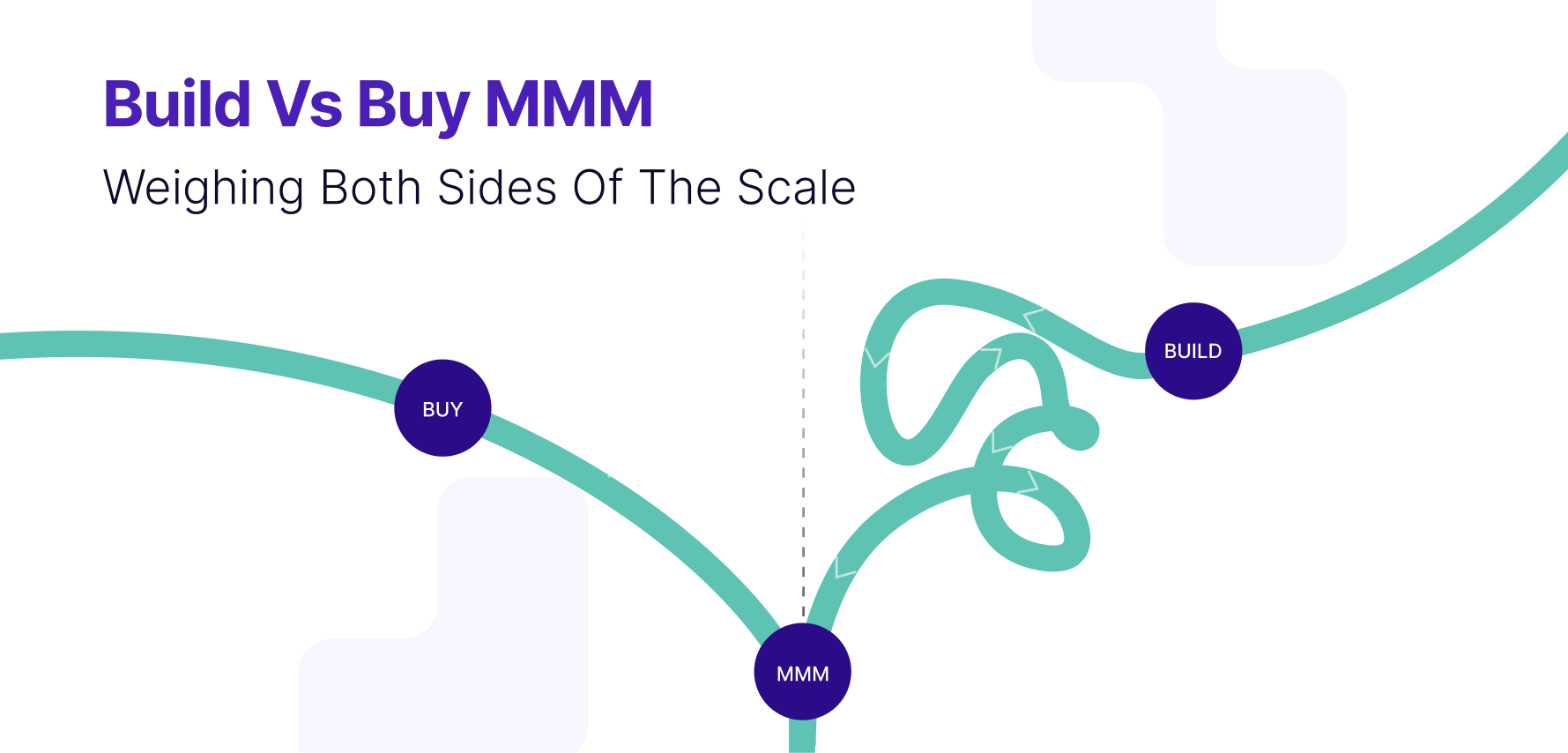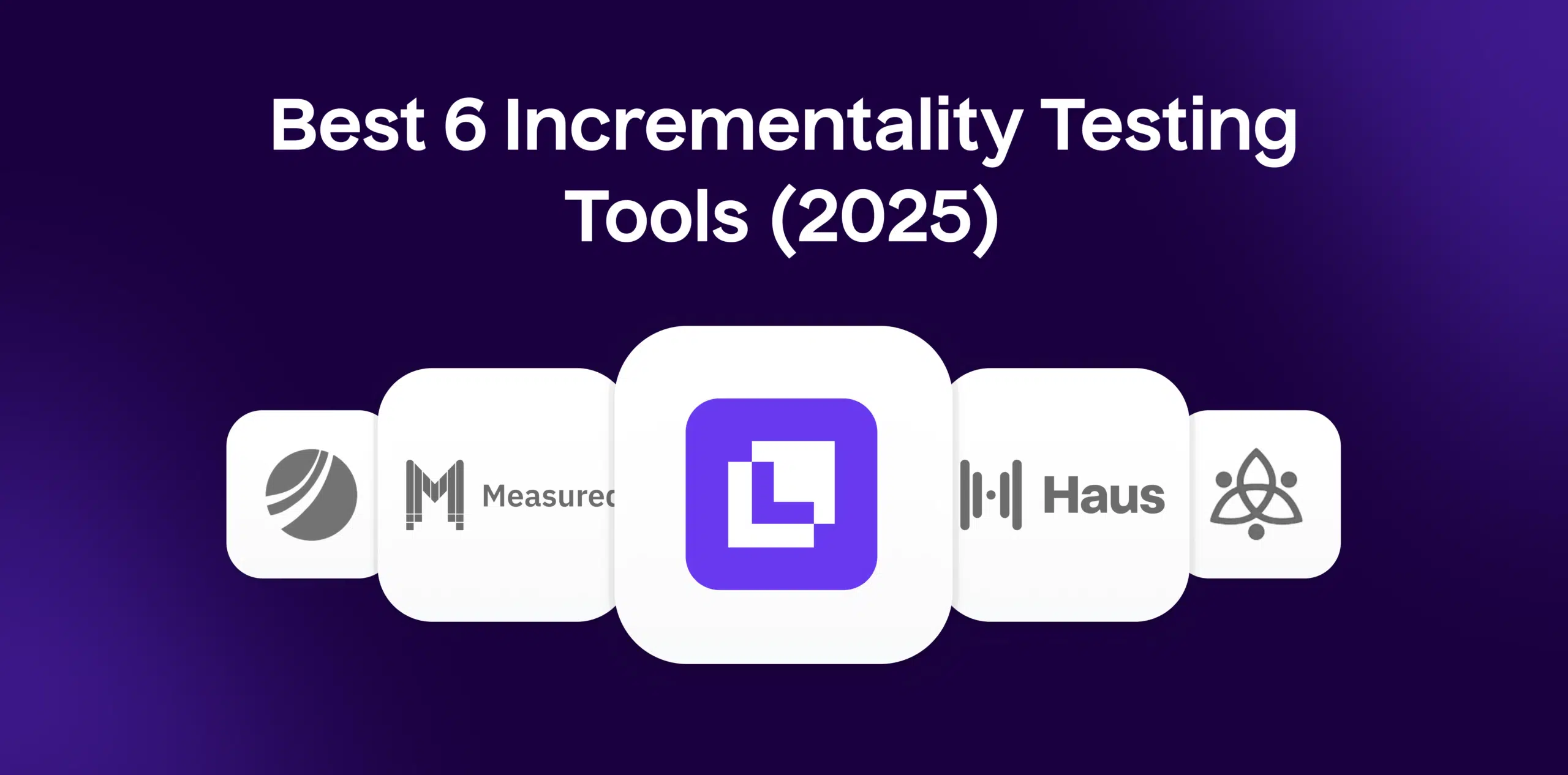What is Search engine rankings?
Search engine rankings are a crucial part of any ecommerce marketer’s toolbox. They represent the placement of your ecommerce website or its content in the search engine’s organic results when a user performs a search using certain keywords or phrases. For example, if a user searches for “men’s blue jeans”, the search engine algorithm uses numerous factors to decide which pages should show up first, second, third, etc., in the results. The ecommerce websites that appear first in users’ searches often attract more traffic and have a higher chance of converting these users into customers.
Formula
There’s no definite formula for achieving the best search engine ranking. However, a combination of factors such as website relevancy to the keyword phrase, website reputation, backlinks quality, domain age, and the overall user experience on the site influence the ranking.
Example
If your ecommerce store sells organic dog food, and you’ve optimized your website for the keyword phrase “organic dog food”, when users type this phrase into a search engine like Google, if done correctly, your website should ideally be one of the first results displayed.
Why is Search engine rankings important?
Improved search engine rankings can lead to increased visibility, more website visitors, and higher potential sales for an ecommerce business. Consumers often trust the first few options that their search results yield, associating those sites with credibility and relevance. Therefore, high search rankings can also enhance a brand’s reputation and relationship with customers.
Which factors impact Search engine rankings?
- On-page SEO (keywords, metadata, URL structure, etc.)
- Backlinks (quantity and quality)
- Technical SEO (website load speed, mobile optimization, etc.)
- User engagement metrics (click-through rate, dwell time, etc.)
How can Search engine rankings be improved?
- Keyword research: Identify relevant, high-volume keywords that your target consumers often use.
- Website optimization: Optimize your ecommerce website’s pages with these identified keywords, including product descriptions, meta-data, and URL strings.
- Content creation: Regularly create high-quality, relevant content to increase your site’s visibility and backlinks.
- Backlink building: Get links from other reputable websites, and blogs, to add website authority.
- Technical SEO: Increase page load speed, mobile optimization, and user-friendly site structure.
What is Search engine rankings’s relationship with other metrics?
Search engine rankings do not operate in a vacuum; they’re closely connected to other ecommerce metrics. For instance, high rankings can increase site visibility, thereby improving click-through rates (CTR). Similarly, solid SEO and higher search visibility can reduce the cost per click (CPC) in advertising campaigns. They also generally have a positive influence on the overall user experience, thereby reducing bounce rates and increasing average session durations and conversion rates.
Free essential resources for success
Discover more from Lifesight
























































